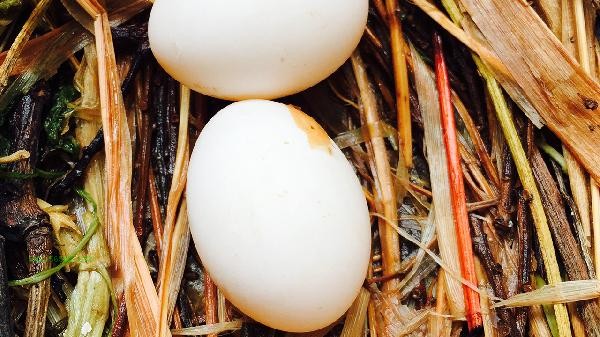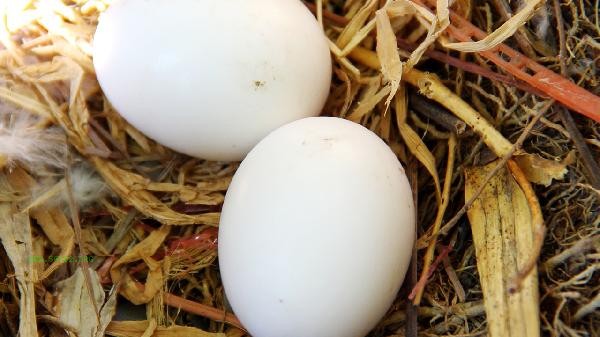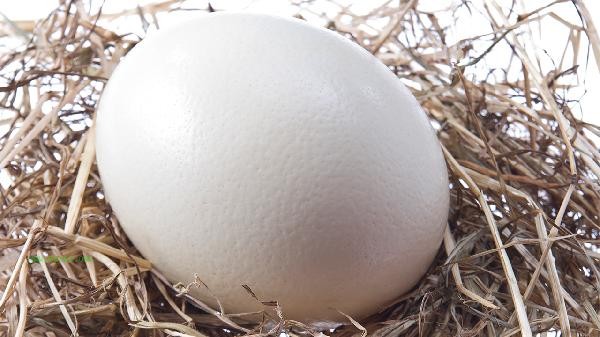Children can usually try eating pigeon eggs after adding complementary foods at 6 months old. Pigeon eggs are rich in high-quality protein, lecithin, and various minerals, making them suitable as transitional food for infants and young children. However, it is important to be cautious when trying small amounts for the first time and observe any allergic reactions.

1. Nutritional Advantages
The protein structure of pigeon eggs is similar to that of eggs but with smaller molecules, making them easy for infants and young children to digest and absorb. Its lecithin content is higher than that of eggs, which helps with the development of the nervous system. Minerals such as iron and zinc have a positive effect on preventing anemia and promoting immunity. Lutein and vitamin A in egg yolks are beneficial for retinal development.
2. Timing
It is recommended to introduce it after the baby adapts to basic complementary foods such as Rice noodles and vegetable puree, usually 6-8 months old. The first attempt requires crushing the fully cooked egg yolk into a paste, gradually increasing from 1/4. Egg whites are recommended to be added after the age of 1 to reduce the risk of allergies due to their large protein molecules.
3. Allergy Prevention
About 2% of infants and young children may be allergic to poultry eggs, manifested as rash, diarrhea, or respiratory symptoms. After the first consumption, it is necessary to observe for 72 hours. For those with a family history of allergies, it should be added at 9-10 months of age. If an allergic reaction occurs, immediately stop eating and seek medical attention.

4. Usage
Before the age of 1, it is recommended to boil the egg yolk and mix it with rice paste. From 1-3 years old, it can be made into egg custard or cut into pieces as finger food. Avoid high-temperature cooking such as frying, and consume no more than 3 servings per week to avoid affecting iron absorption or increasing kidney burden.
5. Alternative options
For those who are intolerant to pigeon eggs, quail eggs can be used as a substitute, which have similar nutritional components but smaller volume. Eggs are still the most economical and safe choice, and alternating consumption of different eggs can help achieve nutritional balance. Parents need to ensure the safety of pigeon egg sources and avoid using breeding products containing antibiotics or hormones. Thoroughly clean the eggshells before making complementary foods and cook until the yolk is completely solidified. Eating fruits and vegetables rich in vitamin C can increase iron absorption rate. If a child has a history of allergic diseases such as eczema and asthma, it is recommended to introduce egg based complementary foods under the guidance of a pediatrician. Daily recording of dietary logs helps to quickly identify allergens, and cultivating diverse dietary habits is more important for children's long-term health.









Comments (0)
Leave a Comment
No comments yet
Be the first to share your thoughts!